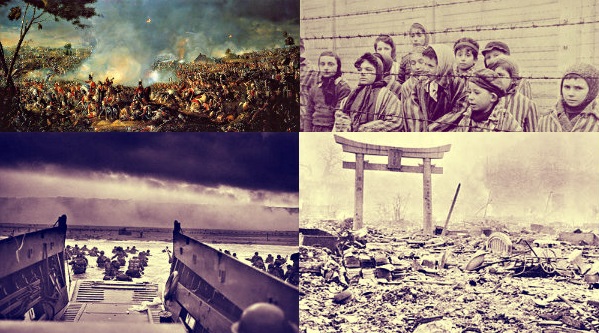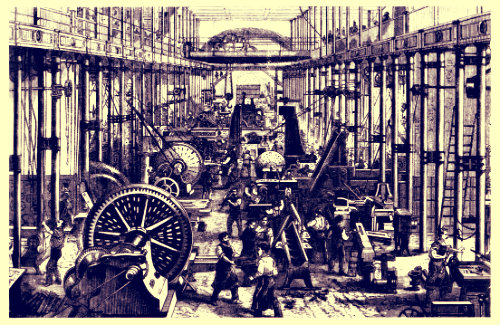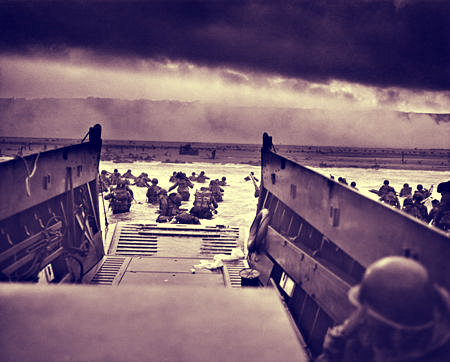From the length of Cleopatra’s nose and its effect on the Roman Empire to the mistranslated word that caused one of the biggest bombings the world had ever seen — presenting the little things that made great impacts in history.
A popular saying does say that when a butterfly flutters its wings in one area of the world, it will stir up a hurricane in another. Who would have thought these seemingly insignificant little things would make a lasting impression in the world’s history?
A Bop on the Nose Paved Way for WWI
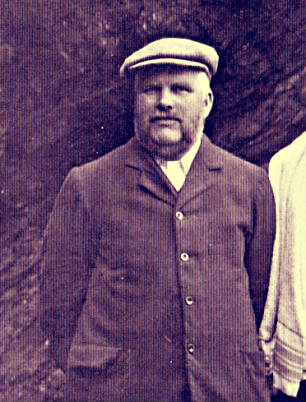
One holiday in 1878, Young Alfie Price, 16 at the time of the incident, from Devon smacked the nose of Kaiser Wilhelm II, 19 at that time, for throwing stones at the beach huts in Ilfracombe. many say that because of it, Kaiser hated everything British. And of course, that hatred led to the First World War in history.
The Roman Empire and Cleopatra’s Long Nose

Many a writer have written about how if Cleopatra’s nose had been shorter and if she was less beautiful, Caesar and Mark Anthony wouldn’t have lingered in Egypt upon their visit of the Queen of the Nile.
But at least, their lingering produced something “good”. Rivals in Rome were able built up their own power eventually putting Augustus on the throne. Augustus in turn placed the Roman Empire in the annals of history and its influence flung far throughout Europe.
Pain in the Bum Made Napoleon Lose Waterloo
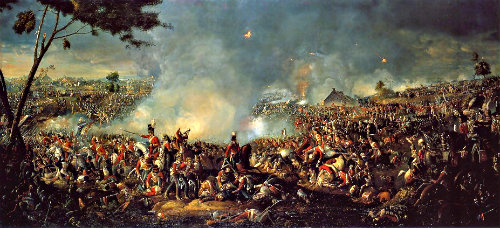
The above heading is that, literally. Napoleon had hemorrhoids and for those who have them, they can quite a pain in the butt when they decide to “attack”.
Many believe that on the day the Battle of Waterloo was to commence, Napoleon suffered from an acute hemorrhoids attack that it prevented him from riding his horse and keeping close supervision on his soldiers. His torpid doctors also lost the leeches that relieve him of his bum pain two days earlier and gave the mighty general a laudanum overdose by accident. It seemed that and his pain contributed to his downfall so noted in history.
The Suffragette’s Return Ticket
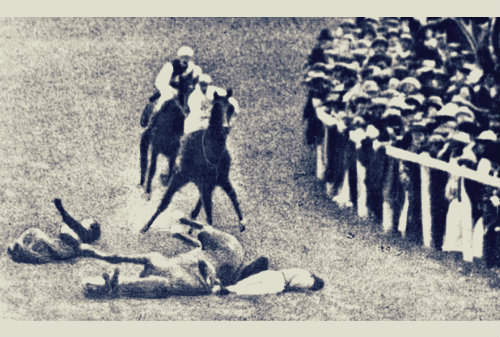
Emily Davison was the suffragette hailed as the martyr who shed her life just the place of women could be changed in history — that females have every right to exercise the right to vote as much as their male counterparts.
History has it that Emily ran in front of the King’s horse at the Epsom Derby 1913; it is believed that she committed suicide for the cause — give women the right for suffrage. However, a return train ticket to London later found in her purse gave the idea that her plight might have been just a freak accident.
Why would she have that when she knew she was going to be dead later, right?
And the British Industrial Revolution all Boils Down to a Cup of Tea
According to one Cambridge professor, the Industrial Revolution taking off in Britain rather than in any other place in the world could be attributed to Britons’ love for hot tea.
One of the factors needed for industrialism to grow was for people to gather into large groups. This could be a disaster as large crowds resulted (even now) to the spread of disease. However, British people’s penchant for hot tea changed the game, err, history.
Tea made with freshly boiled water kept the bacteria at bay. Britons stayed healthy. And the Industrial Revolution was pushed forward.
The Binoculars and the Sinking of the Unsinkable Titanic
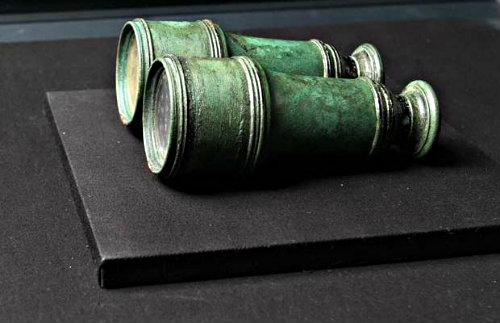
Titanic would have not sunk if this one sailor wasn’t forgetful.
When second officer David Blair was removed from the ship’s roster at the last minute, he forgot to hand over the key to his locker in the crow’s nest. Inside his locker was the binoculars. After the ship’s sinking, a surviving lookout by the name of Fred Fleet divulged that with those binoculars, the iceberg collision would have been prevented. The ice would have been spotted on a more early time and the ship would have avoided crashing into it.
In this light, Titanic would have sailed on a more pleasant story in history.
That One Art School Rejection that Resulted to the Biggest Genocide in History
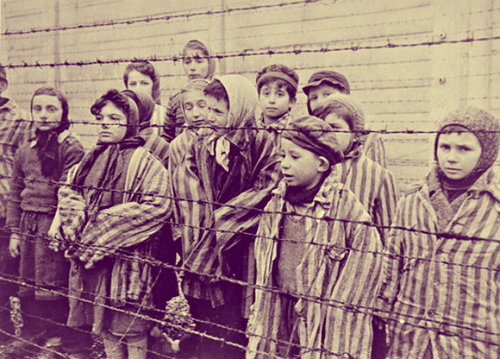
We all know Hitler got rejected from the prestigious Academy of Fine Arts in Vienna but only a few knew he got rejected twice. And many have supposed those rejections that led to Hitler forming his anti-Semitic prejudices as he believed that a Jewish professor was behind the rejections.
Hitler was a young man in 1905 when he went to Vienna earning his keep by selling artworks he copied from postcards. He hoped this would eventually get him into the academy.
However, he got rejected and the rest, as they say, was history.
Well, Hitler could have been the most lucky man in history, too. It is said that he was able to get through 15 assassination attempts between 1938 to 1944 unscathed.
The Birthday Party that Became a Gift to the Allies
If not for one birthday party, D-Day would not have went down history as one of the Allies’ biggest victories.
Celebrated German commander Field Marshal Erwin Rommel joined his wife Lu for her birthday celebration the fateful day the Allies planned to launch the Normandy Landings.
He left France for his wife’s birthday, a move which he admitted to regretting later on.
D-Day – June 6 – made its mark in history as the biggest invasion which paved the way for the defeat of the Nazis.
Mis-translation and the Dropping of the First Atomic Bomb

The trigger which made US drop the first atomic bomb on Hiroshima in August 1945 may have resulted from the misinterpretation of one Japanese word.
Allied leaders demanded Japan to surrender. The latter’s reply was meant to be “no comment”. However, they used the Japanese word “mokusatsu” which could also be translated into “ignore”. One American interpreter went for that translation and it added fire to the conflict.
Eventually it literally blew up in the form of the atomic bomb on Hiroshima, one of the biggest and most horrible bombings in world’s history.
